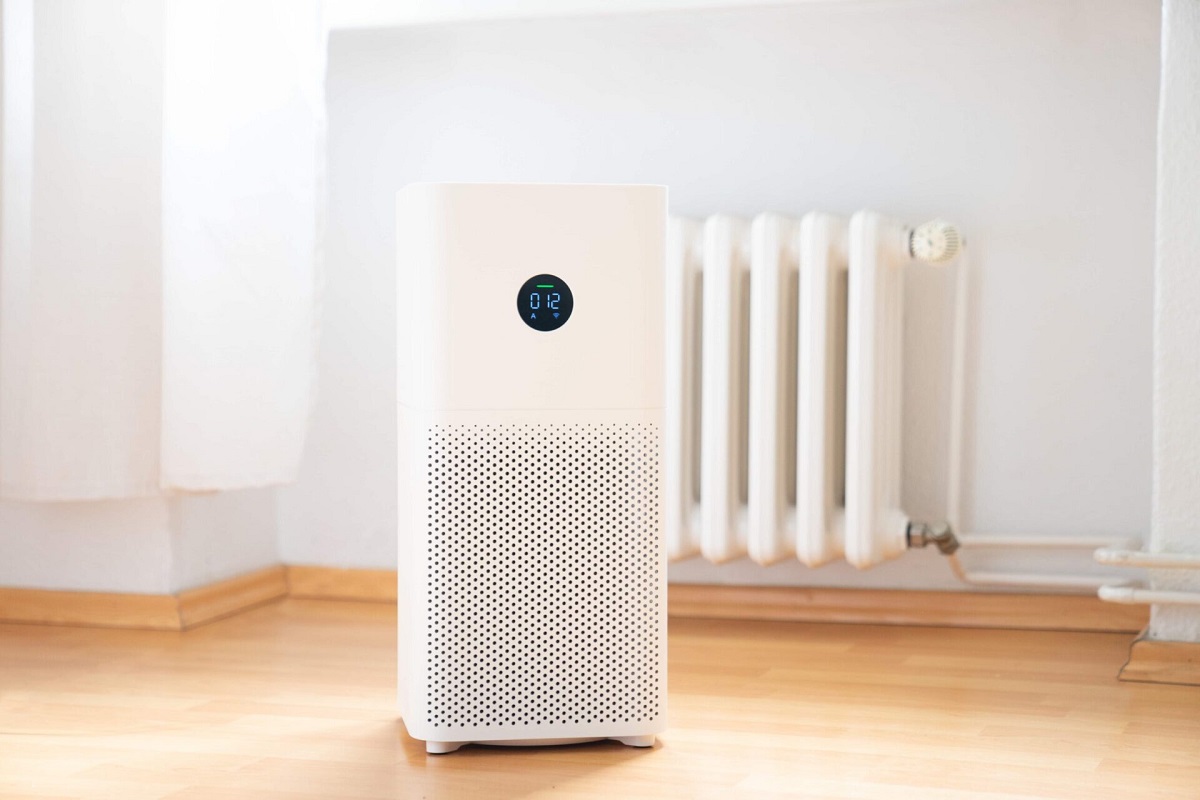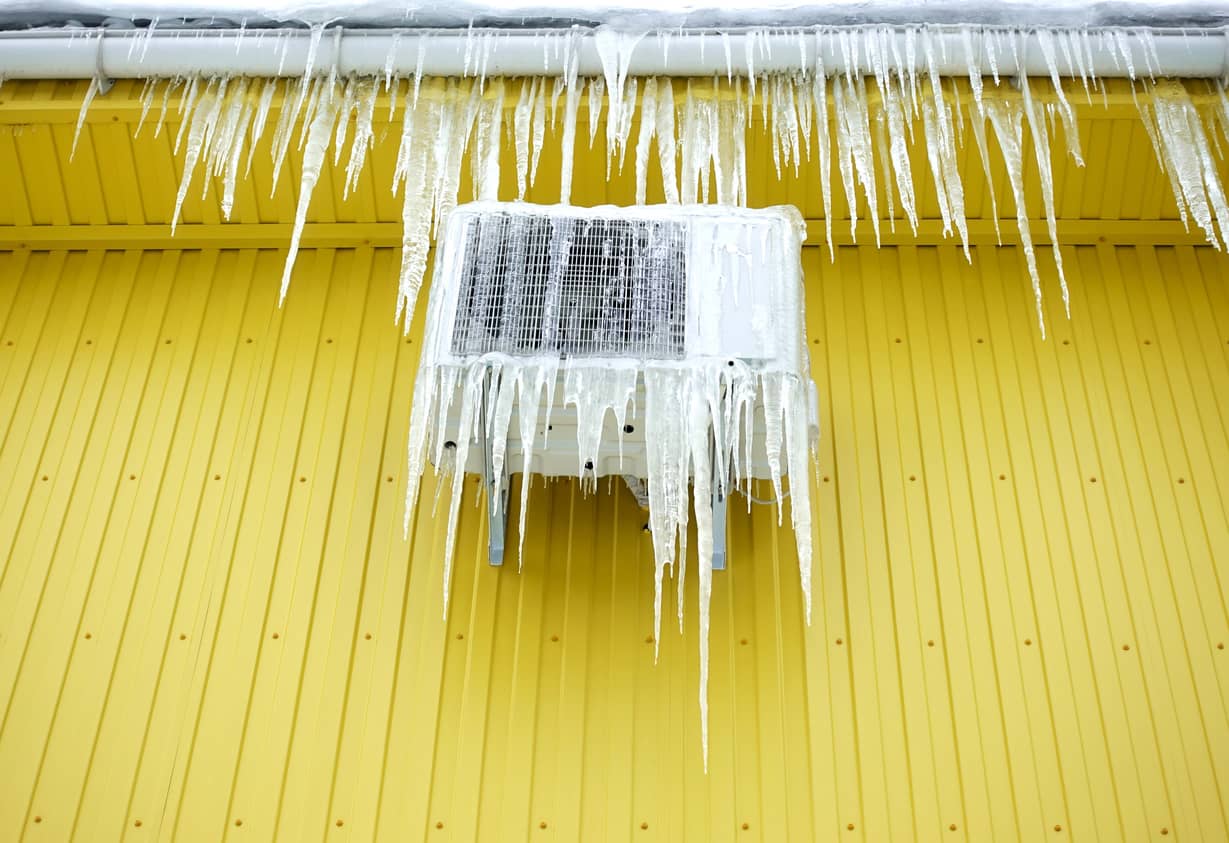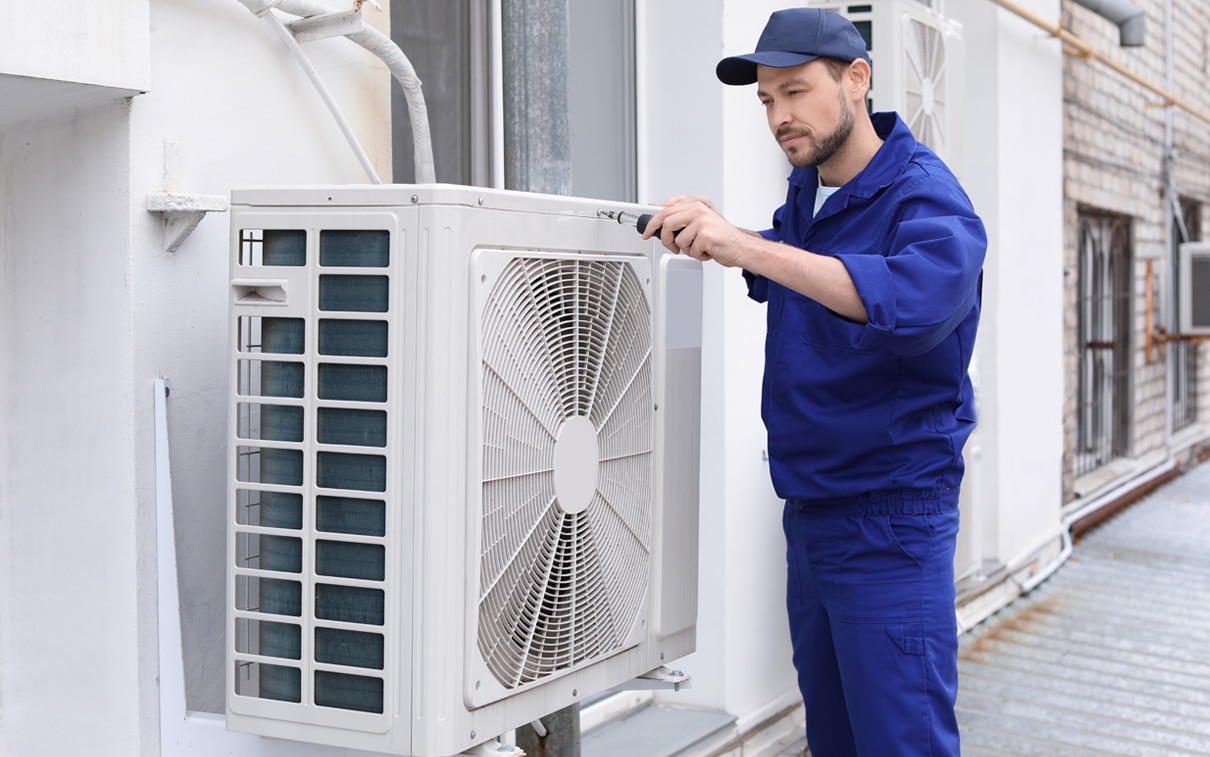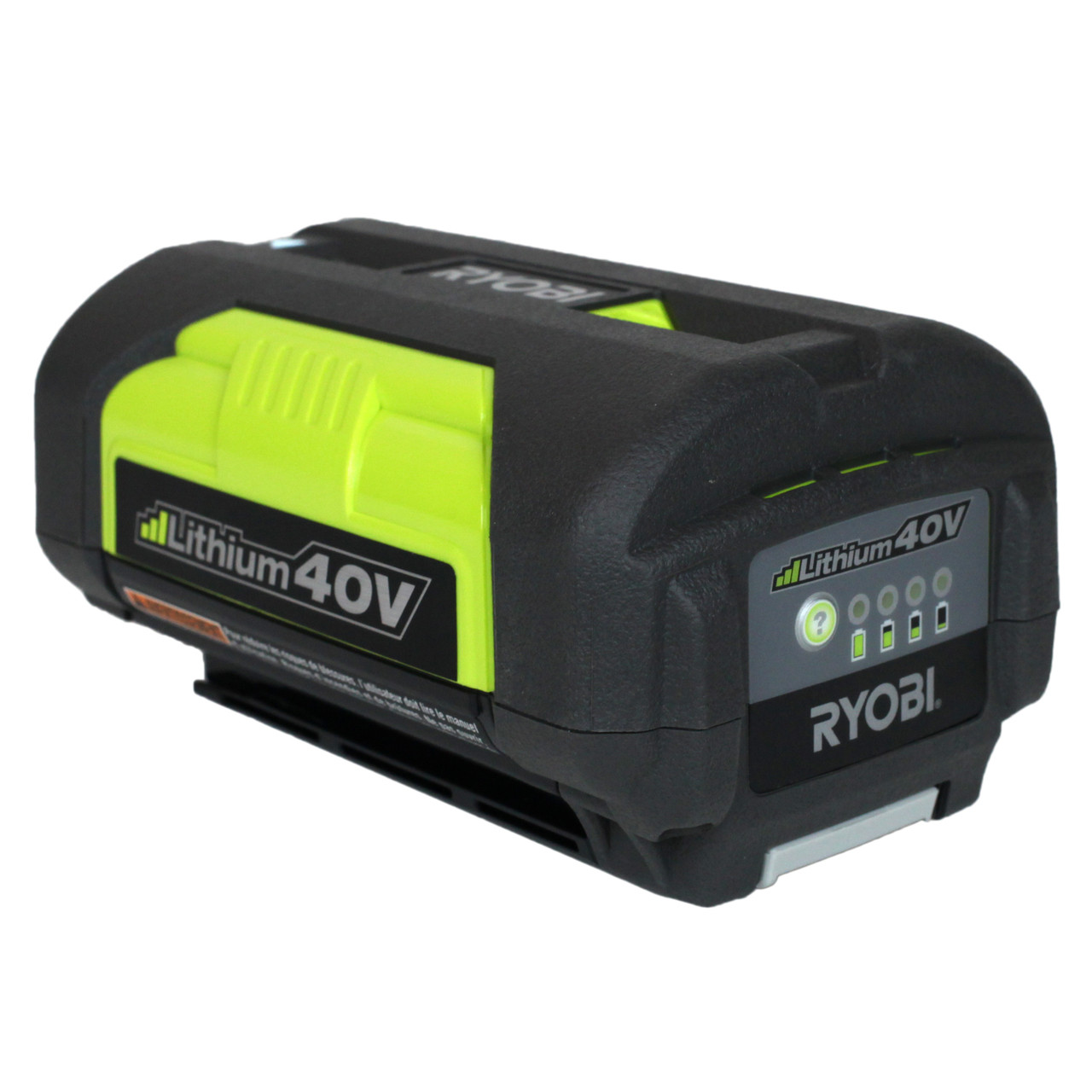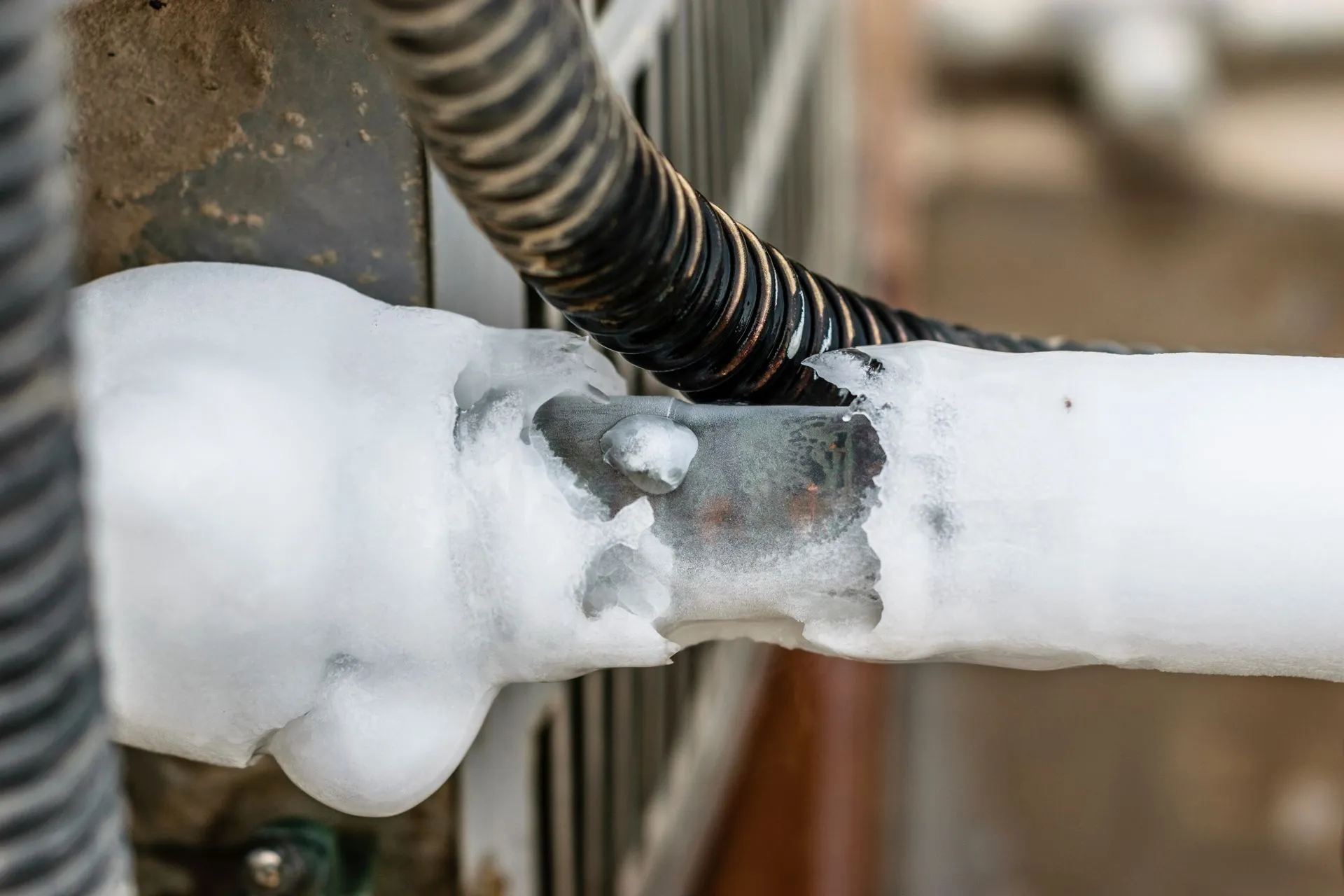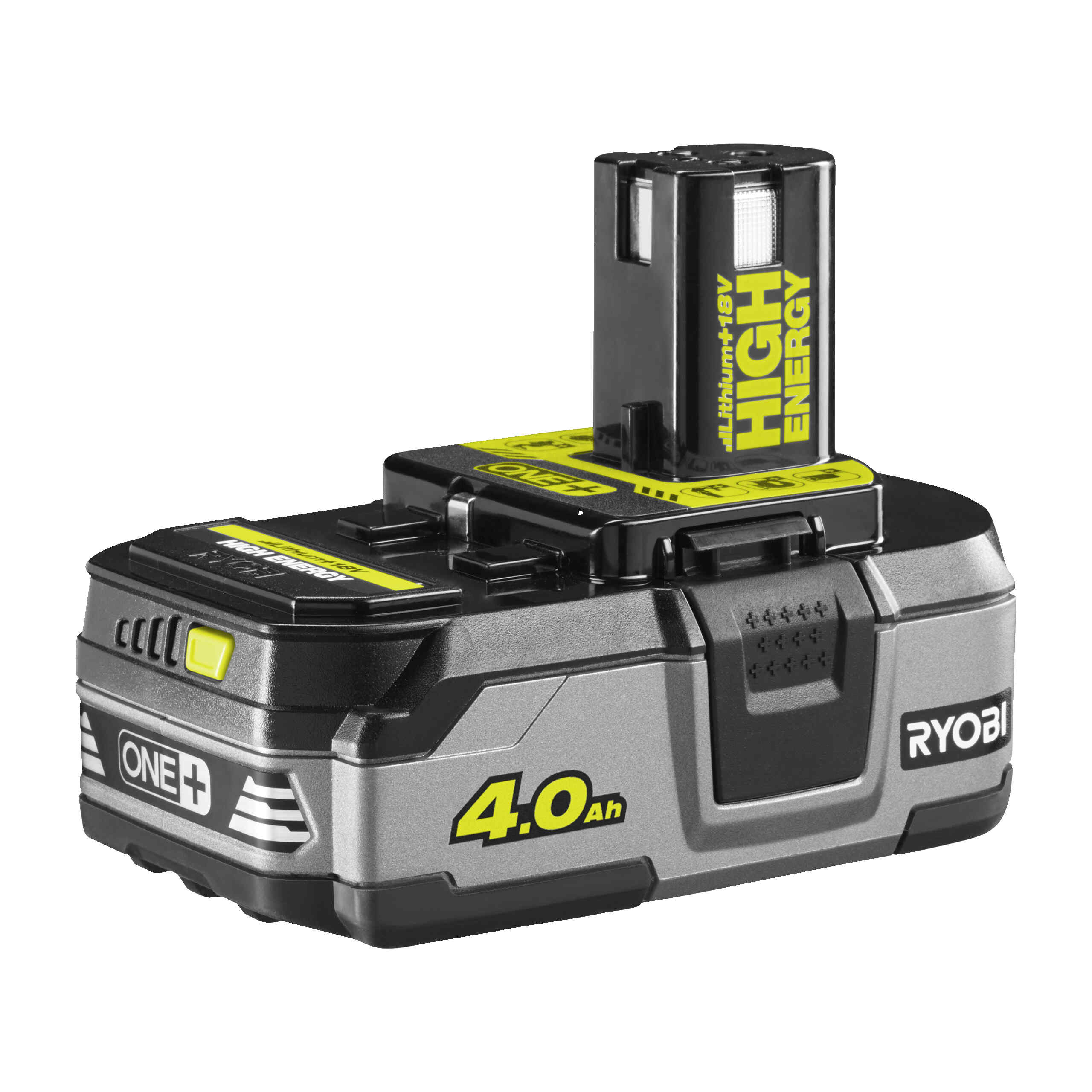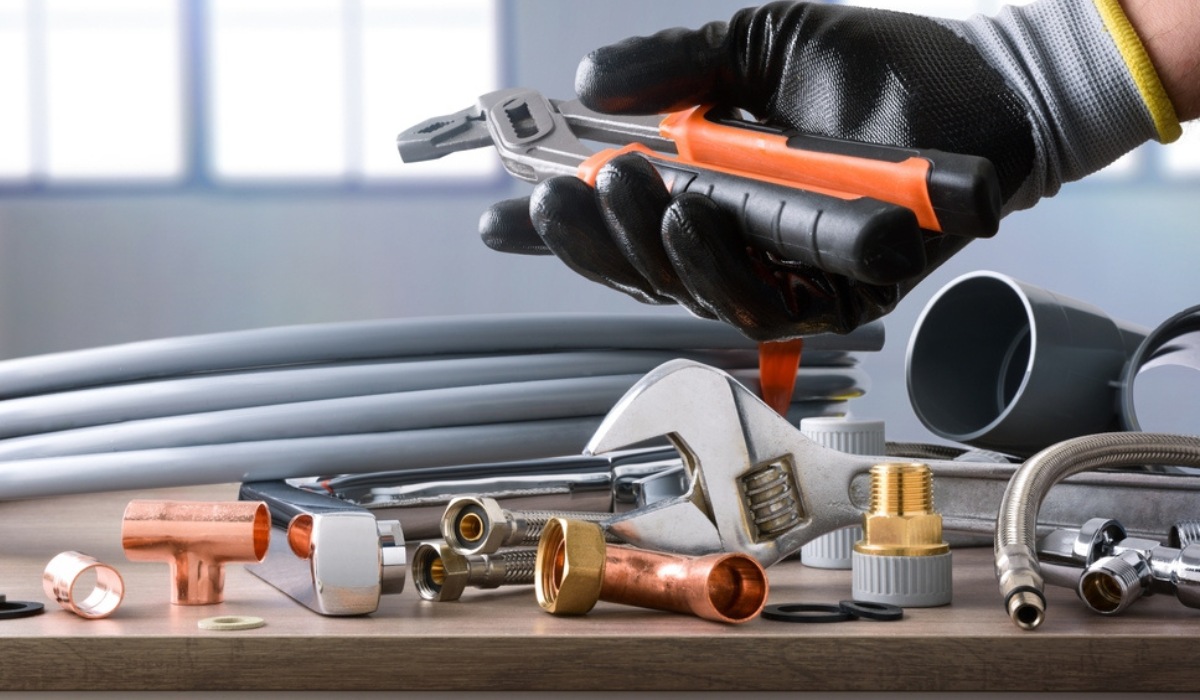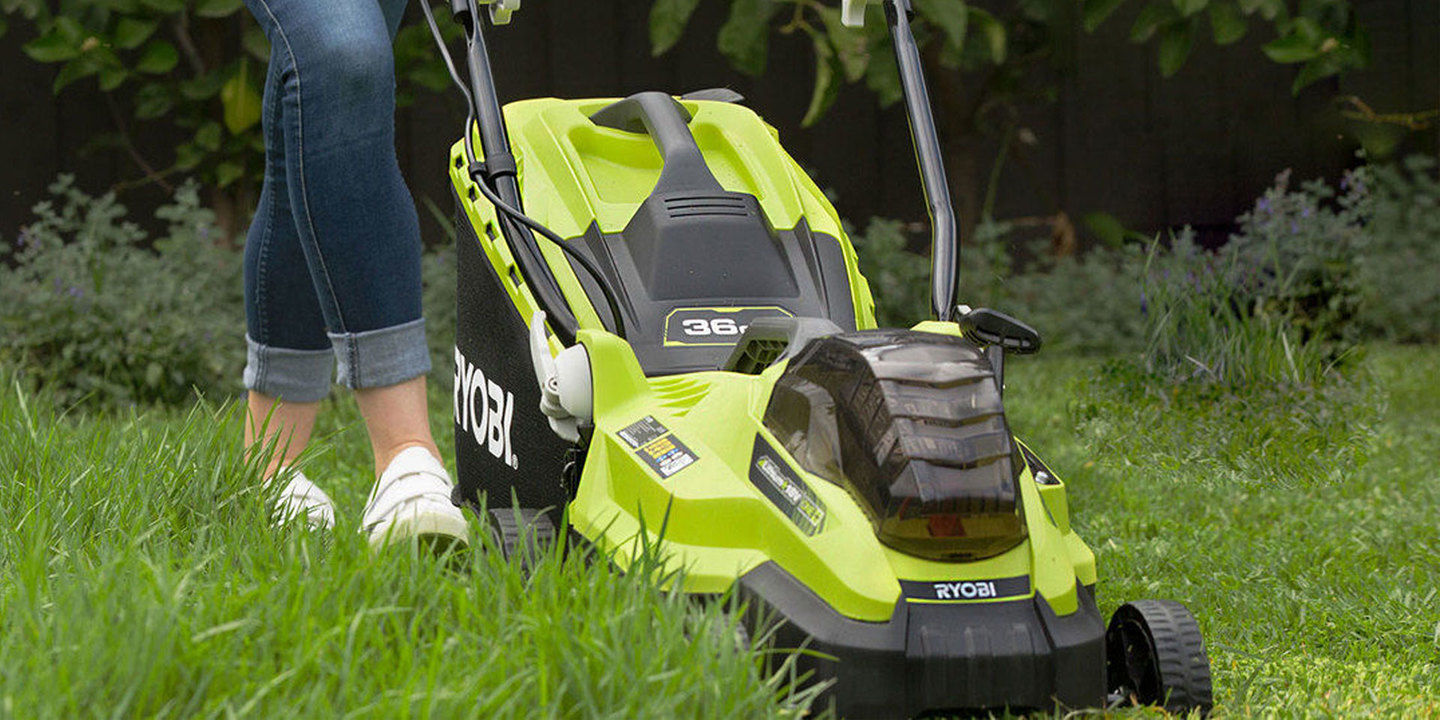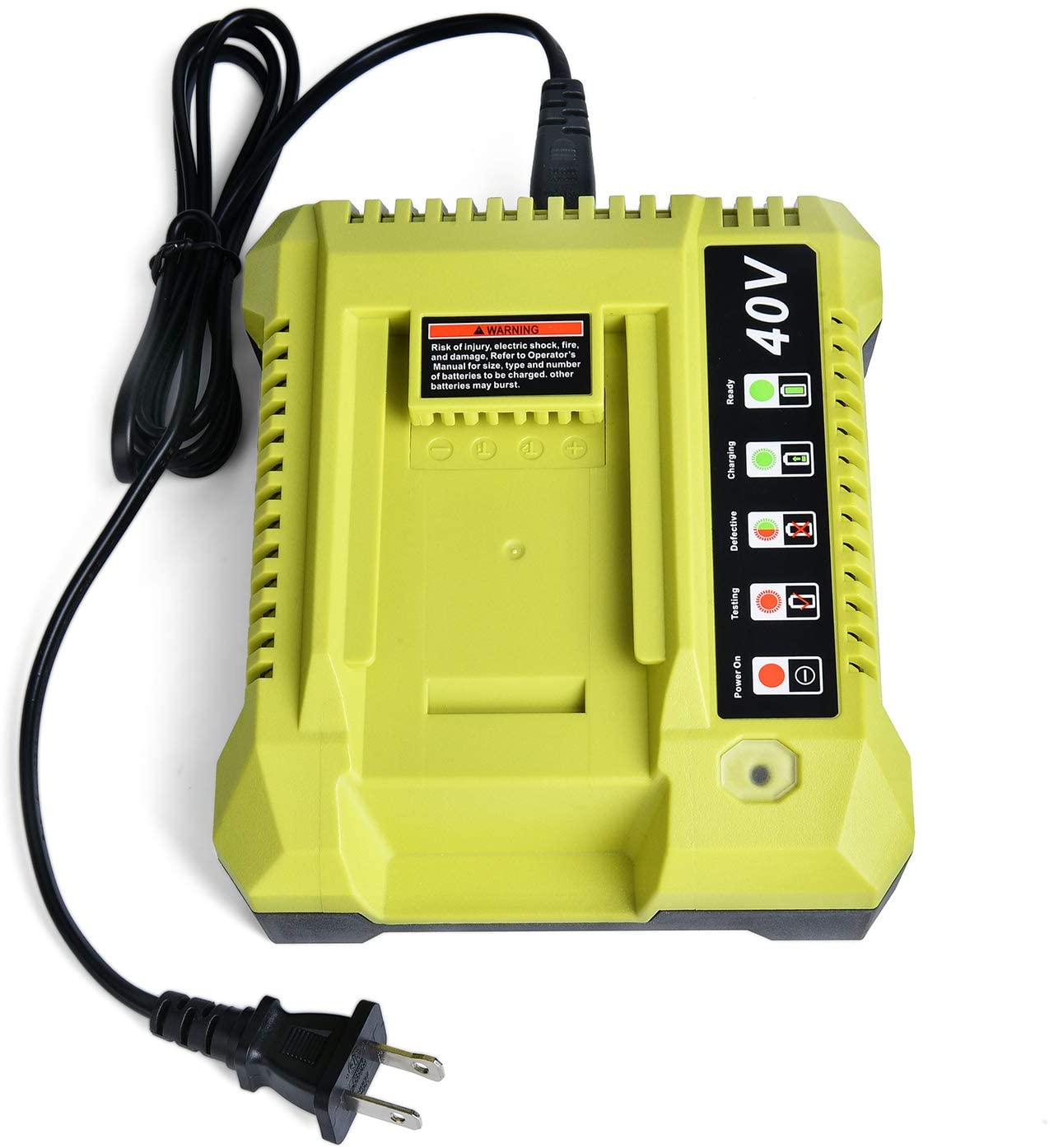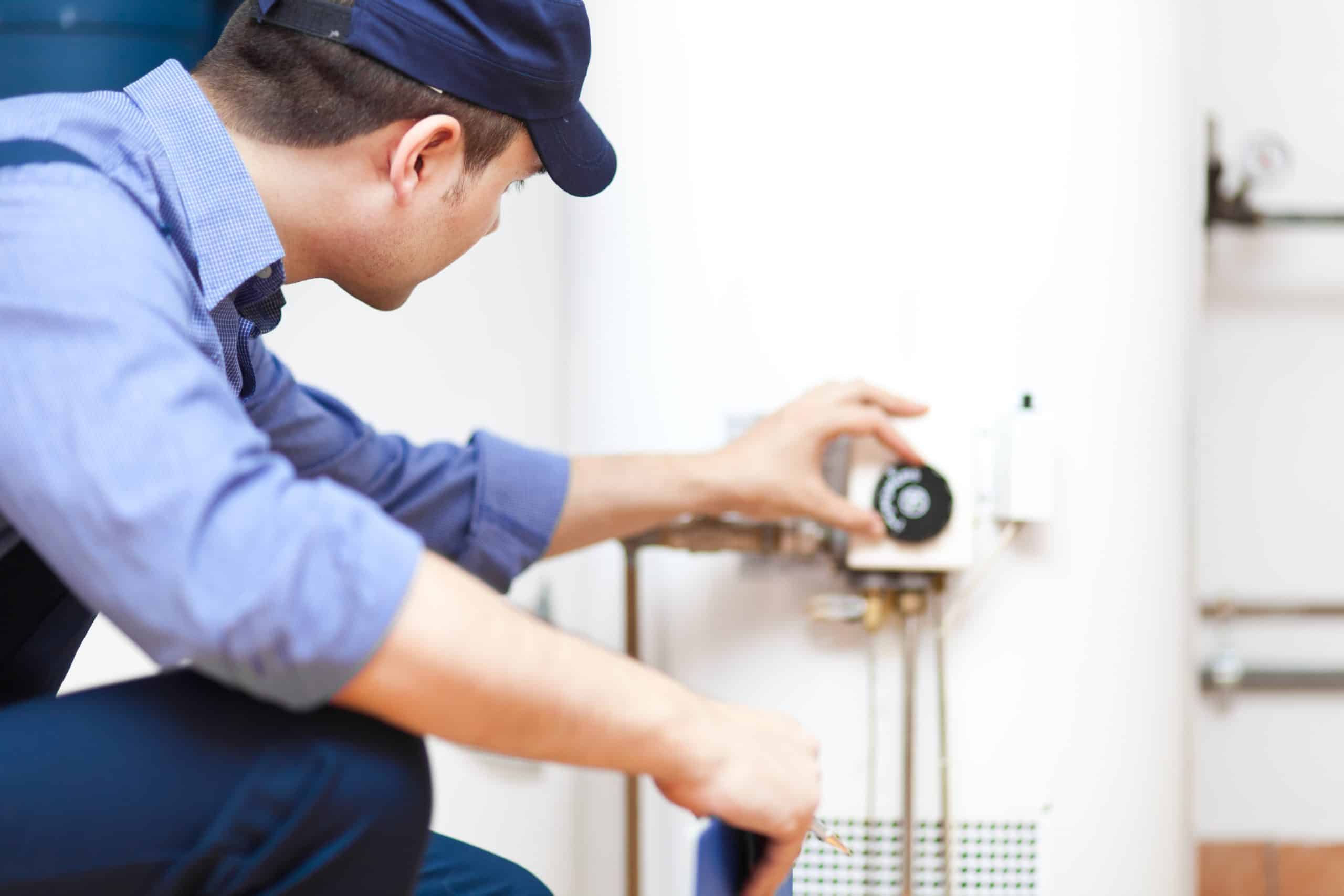Home>Home Maintenance>How Long Does It Take For Air Conditioner To Unfreeze
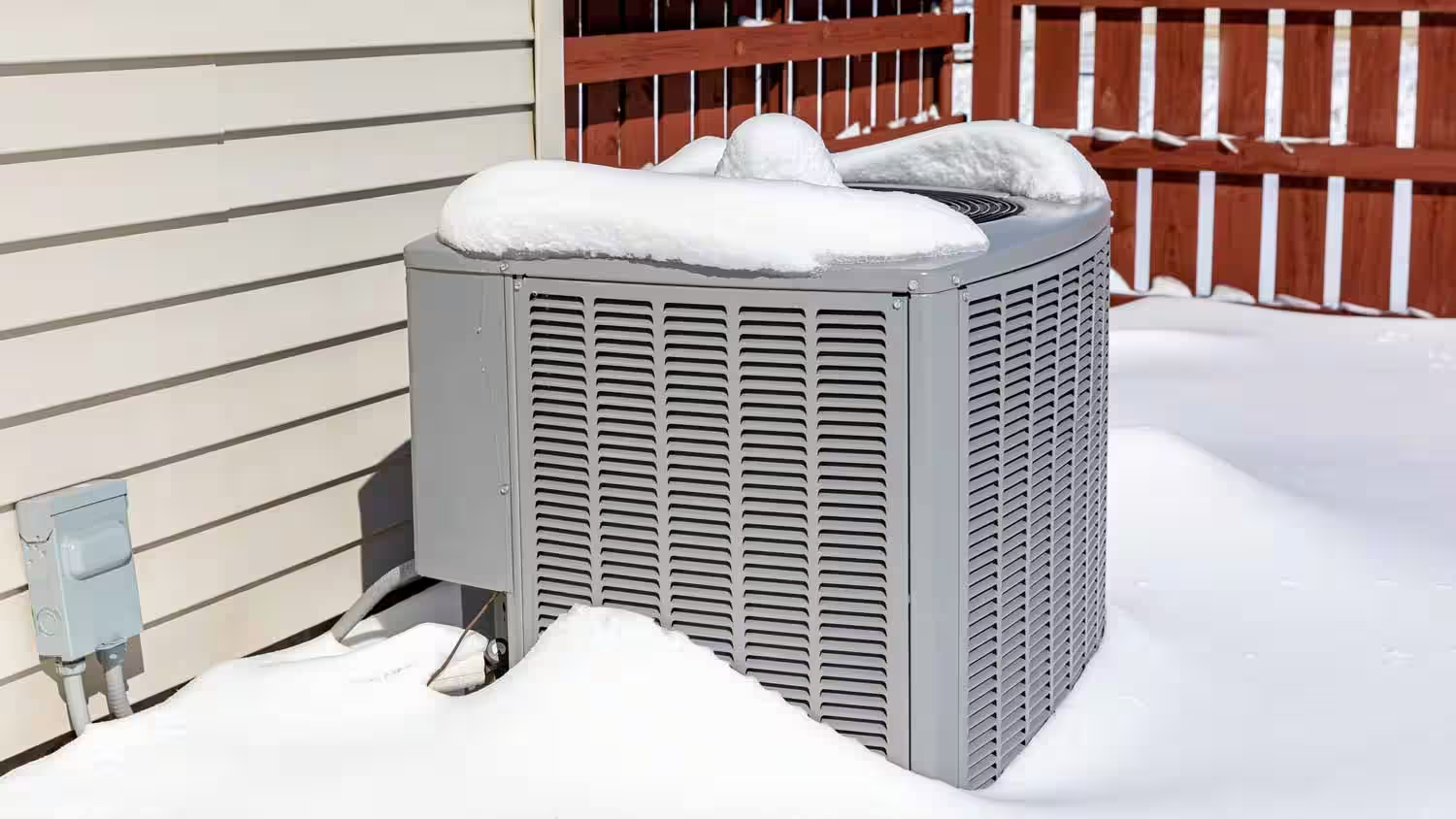

Home Maintenance
How Long Does It Take For Air Conditioner To Unfreeze
Modified: March 19, 2024
Learn how long it takes for an air conditioner to unfreeze and get tips for home maintenance. Keep your HVAC system running smoothly.
(Many of the links in this article redirect to a specific reviewed product. Your purchase of these products through affiliate links helps to generate commission for Storables.com, at no extra cost. Learn more)
Introduction
Welcome to the world of air conditioning! As the summer heat ramps up, many of us rely on our trusty air conditioners to keep us cool and comfortable. However, sometimes our air conditioners encounter a problem called freezing, where ice forms on the evaporator coils. This can not only reduce the efficiency of your unit but also lead to significant damage if not addressed promptly.
In this article, we will delve into the causes of air conditioner freezing, understand the signs that indicate your unit might be frozen, and most importantly, explore how long it takes for an air conditioner to unfreeze. We will also discuss the various factors that can affect the unfreezing time and provide you with tips on how to speed up the process. So let’s jump right in!
Key Takeaways:
- Air conditioners can freeze due to restricted airflow or low refrigerant levels. Unfreezing can take a few hours to a day, depending on severity and weather conditions. Patience and professional maintenance are key.
- Prevent air conditioner freezing by changing/cleaning filters, maintaining airflow, and scheduling regular maintenance. If freezing occurs, turn off the unit, let it thaw naturally, and contact a professional if needed.
Understanding Air Conditioner Freezing
Before we dive into how long it takes for an air conditioner to unfreeze, it’s important to understand what causes an air conditioner to freeze in the first place. Air conditioner freezing occurs when the evaporator coils become too cold and ice starts to form on them. This can impair the unit’s ability to cool the air properly and can potentially lead to more severe issues if left untreated.
The primary culprit behind air conditioner freezing is restricted airflow. When the airflow over the evaporator coils is reduced, either due to a dirty air filter, blocked vents or registers, or even a malfunctioning fan, the coil temperature drops excessively and ice begins to build up. Additionally, low refrigerant levels can also contribute to freezing by lowering the coil temperature beyond normal limits.
It’s important to note that air conditioners are designed to handle some level of frost or ice on the evaporator coils during normal operation. However, excessive buildup can cause serious problems and hinder the unit’s performance. Regular maintenance and proper airflow are key to preventing freezing issues and keeping your air conditioner running smoothly.
Causes of Air Conditioner Freezing
There are several factors that can contribute to the freezing of an air conditioner. Understanding these causes can help you take preventive measures and avoid any potential damage to your unit. Here are some common causes of air conditioner freezing:
- Restricted airflow: One of the primary causes of air conditioner freezing is restricted airflow. When the airflow over the evaporator coils is inadequate, the coils can get too cold, and ice can form. This can be caused by a dirty air filter, blocked vents or registers, or even a malfunctioning fan. Regularly cleaning or replacing the air filter and ensuring that the vents are clear can help prevent this issue.
- Low refrigerant levels: Refrigerant is responsible for absorbing heat from the air in your home and cooling it. If there is a leak in the refrigerant lines or if the system was not properly charged during installation, the refrigerant levels can be too low. As a result, the evaporator coils can get too cold and freeze. It is essential to have a professional inspect and recharge the refrigerant if necessary.
- Faulty components: Malfunctioning components in your air conditioning system can also lead to freezing. For example, a faulty expansion valve can cause the evaporator coils to get too cold and freeze. Similarly, a malfunctioning fan or blower motor can disrupt the airflow and contribute to freezing. Regular maintenance and inspections can help identify and resolve any issues with the components before they cause freezing problems.
- Operating at a low thermostat temperature: Running your air conditioner at an extremely low thermostat temperature for an extended period can also lead to freezing. Setting the thermostat too low causes the evaporator coils to get excessively cold, leading to ice formation. It is recommended to set your thermostat at a moderate temperature to avoid this problem.
- Improper installation: A poorly installed air conditioning system can cause a host of problems, including freezing. Improper refrigerant charge, incorrect ductwork installation, or improperly sized equipment can all contribute to freezing issues. It is crucial to have your air conditioner installed by a qualified professional to ensure proper installation and prevent potential freezing problems.
By understanding these causes, you can take the necessary steps to prevent air conditioner freezing and keep your system running smoothly.
Signs of a Frozen Air Conditioner
A frozen air conditioner is not always immediately apparent, but there are several signs that can indicate your unit is experiencing freezing issues. Recognizing these signs early on can help prevent further damage and improve the efficiency of your cooling system. Here are some common signs of a frozen air conditioner:
- Reduced airflow: One of the first signs of a frozen air conditioner is reduced airflow coming from the vents. You may notice that the air coming out of the vents feels weak or not as cold as it should be. This reduced airflow is often caused by the ice buildup on the evaporator coils, hindering the cooling process.
- Visible ice on the unit: If you suspect your air conditioner is frozen, take a look at the unit itself. You may notice visible ice or frost accumulation on the outdoor unit or the indoor evaporator coils. This ice buildup is a clear indication that your air conditioner is experiencing freezing issues.
- Water leaks: Another sign to watch out for is water leaks around the indoor unit. As the ice on the evaporator coils starts to melt, it can overflow the drain pan and cause water to leak. If you notice water pooling around the unit or dripping from the air vents, it is likely due to a frozen air conditioner.
- Higher energy bills: A frozen air conditioner can put a strain on the system, resulting in increased energy consumption. If you notice a sudden spike in your energy bills without any other major changes in your usage, it could be a sign that your air conditioner is frozen and working inefficiently.
- Uneven cooling: If certain areas of your home feel significantly warmer than others, it could be a sign of a frozen air conditioner. The ice buildup on the evaporator coils can disrupt the cooling process and result in uneven cooling throughout your home.
- Strange noises: While not always present, a frozen air conditioner may occasionally produce strange noises. You might hear hissing or bubbling sounds coming from the unit, indicating that there is ice melting and dripping onto hot components.
If you observe any of these signs, it’s important to take immediate action to address the freezing issue. Ignoring a frozen air conditioner can lead to more severe damage and costly repairs. Contact a professional HVAC technician to inspect and fix the problem to ensure the optimal performance of your cooling system.
How Long Does It Take for an Air Conditioner to Unfreeze?
The time it takes for an air conditioner to unfreeze can vary depending on several factors. On average, it can take anywhere from a few hours to a day for the ice to melt completely and the unit to resume normal operation. However, the actual duration will depend on the extent of the freezing, the temperature outside, and the steps taken to address the issue.
In cases where the freezing is minimal and discovered early on, the air conditioner may unfreeze within a few hours. This can happen if you notice reduced airflow or see ice forming on the unit and take immediate action to turn off the cooling system and allow the ice to melt naturally. Turning off the air conditioner and running just the fan can help expedite the melting process.
However, if the freezing is severe and has been going on for an extended period, it may take longer for the air conditioner to unfreeze. In such cases, it’s important to turn off the unit and allow it to defrost completely. It is not recommended to try to scrape off the ice manually, as this can damage the delicate evaporator coils. Instead, be patient and let the ice melt naturally.
Other factors that can influence the unfreezing time include the ambient temperature and humidity levels. Warmer temperatures and lower humidity can aid in speeding up the melting process. If the weather is hot and dry, it may take less time for the air conditioner to unfreeze compared to a situation where the weather is cool and humid.
Lastly, the efficiency of the air conditioner’s defrosting mechanism also plays a role in the unfreezing time. Modern air conditioning systems are equipped with defrost controls that help melt the ice on the evaporator coils more efficiently. If your air conditioner has a functional defrost control, it may help expedite the unfreezing process.
Keep in mind that it’s essential to address the underlying causes of the freezing issue to prevent it from happening again in the future. Once the air conditioner has fully unfrozen, ensure that airflow is not restricted, replace dirty air filters, clean vents and registers, and schedule professional maintenance to address any potential issues with components, refrigerant levels, or installation.
In summary, the time it takes for an air conditioner to unfreeze can range from a few hours to a day, depending on the severity of the freezing, the temperature and humidity levels, and the steps taken to resolve the issue. Patience is key when dealing with a frozen air conditioner, and taking proactive measures to prevent future freezing incidents will help keep your cooling system running smoothly.
Check the air filter and make sure it’s clean. Also, check for any blocked vents or coils. If the problem persists, call a professional to inspect the refrigerant levels.
Factors Affecting the Unfreezing Time
Several factors can influence the amount of time it takes for an air conditioner to unfreeze. While the average duration ranges from a few hours to a day, the following factors can affect the unfreezing time:
- Severity of freezing: The extent of the ice buildup on the evaporator coils will play a significant role in determining the unfreezing time. If the freezing is minimal, the air conditioner may unfreeze relatively quickly. However, if the ice buildup is extensive, it may take longer for the ice to melt completely.
- Ambient temperature: The temperature of the surrounding environment can impact the unfreezing time. Warmer temperatures will promote faster melting of the ice, while cooler temperatures can prolong the process. If the weather is hot, the air conditioner may unfreeze more quickly.
- Humidity levels: Humidity can also affect the melting speed of the ice. Higher humidity levels can slow down the melting process, as moisture in the air hinders the evaporation of the ice. On the other hand, drier air can facilitate faster ice melting.
- Defrosting mechanism: The efficiency of the air conditioner’s defrosting mechanism plays a crucial role in the unfreezing time. Modern air conditioning systems are equipped with defrost controls that automatically activate when freezing is detected. These controls help initiate the defrosting process and speed up the melting of ice on the evaporator coils.
- Proper airflow: Ensuring proper airflow over the evaporator coils is essential for a quick unfreezing process. Addressing any restrictions in airflow, such as dirty air filters or blocked registers, can help facilitate faster melting of the ice. Clearing any obstructions and allowing air to circulate freely will aid in the unfreezing time.
- Corrective action taken: The steps taken to address the freezing issue can also impact the unfreezing time. If the air conditioner is turned off as soon as freezing is noticed and allowed to defrost naturally, it can expedite the process. However, if the unit is left running and the freezing is not addressed promptly, it may take longer for the ice to melt completely.
Remember, every air conditioning system is unique, and the unfreezing time can vary based on these factors. It is essential to be patient and allow the ice to melt naturally without attempting to manually remove it, as this can lead to damage. If you’re unsure or if the unfreezing process is taking longer than expected, it’s always advisable to consult with a professional HVAC technician for guidance.
Tips to Unfreeze an Air Conditioner Faster
If you find yourself with a frozen air conditioner and want to speed up the unfreezing process, there are a few tips that can help. While it’s important to remember that patience is key, these strategies can aid in melting the ice more quickly and getting your air conditioner back up and running. Here are some tips to unfreeze an air conditioner faster:
- Turn off the air conditioner: As soon as you notice signs of freezing, such as reduced airflow or ice formation, turn off the air conditioner. Continuing to run the unit can exacerbate the freezing issue and prolong the melting process. Switching off the system allows the ice to melt naturally.
- Turn on the fan: While the air conditioner is turned off, you can still run the fan to circulate the air. This helps facilitate the melting of the ice on the evaporator coils. The fan can also help distribute the heat from the rest of your home, accelerating the unfreezing process.
- Inspect the air filter: A dirty or clogged air filter can contribute to reduced airflow and freezing. Check the air filter and clean or replace it if necessary. A clean air filter ensures better airflow and helps prevent future freezing incidents.
- Clean vents and registers: Make sure that all vents and registers are clean and unobstructed. Remove any dust or debris that may be blocking the airflow. Proper airflow is crucial for quick unfreezing.
- Increase the temperature: Set your thermostat to a higher temperature to prevent the air conditioner from cycling on while it is still frozen. This allows the ice to melt without the system trying to cool the air.
- Check for refrigerant leaks: Low refrigerant levels can contribute to freezing. If you suspect a refrigerant leak, it is best to contact a professional HVAC technician to inspect and repair the leak, as well as recharge the refrigerant to the proper levels.
- Schedule professional maintenance: Once the air conditioner has unfrozen and is back to normal operation, it is advisable to schedule a professional maintenance service. Regular maintenance helps identify and address any underlying issues that may have caused the freezing, ensuring optimal performance and preventing future freezing incidents.
Remember, attempting to manually remove the ice buildup on the evaporator coils can cause damage. It is best to let the ice melt naturally. If the unfreezing process is taking longer than expected or if you have any concerns, it’s always recommended to consult with a qualified HVAC technician for assistance.
By following these tips, you can help speed up the unfreezing process and get your air conditioner back to keeping you cool and comfortable in no time.
Preventing Air Conditioner Freezing
Prevention is always better than dealing with a frozen air conditioner. By taking a few proactive measures, you can significantly reduce the risk of your air conditioner freezing. Here are some tips to prevent air conditioner freezing:
- Change or clean the air filter regularly: A dirty or clogged air filter restricts airflow and can lead to freezing. Check your air filter every month and replace it if it’s dirty. This simple step ensures proper airflow and keeps your air conditioner running smoothly.
- Keep vents and registers unobstructed: Ensure that all vents and registers in your home are free from obstructions. Blocked vents can disrupt the airflow and contribute to freezing. Additionally, ensure that furniture or other objects are not blocking the vents.
- Maintain adequate clearance around the outdoor unit: The outdoor unit of your air conditioner needs proper airflow to function efficiently. Remove any debris or vegetation around the unit and maintain a clear space of at least two feet. This allows for optimal airflow and helps prevent freezing.
- Avoid setting the thermostat too low: While it may be tempting to set the thermostat to a very low temperature, doing so can cause the evaporator coils to get too cold and freeze. Set your thermostat to a moderate temperature that provides comfort without overworking the air conditioner.
- Schedule regular professional maintenance: Regular maintenance by a professional HVAC technician is crucial for keeping your air conditioner in top shape and preventing freezing issues. During maintenance visits, the technician will inspect and clean your system, check refrigerant levels, and ensure that all components are functioning properly.
- Address refrigerant leaks promptly: Low refrigerant levels can lead to freezing. If you suspect a refrigerant leak, contact a qualified technician to inspect and repair the leak and recharge the refrigerant to the proper levels. This will prevent freezing and help maintain the efficiency of your air conditioner.
- Install a programmable thermostat: A programmable thermostat allows you to set temperature schedules according to your needs. This prevents drastic temperature changes that can cause the air conditioner to overwork and potentially freeze. The ability to adjust temperature settings based on your occupancy patterns can also contribute to energy savings.
By following these preventive measures, you can minimize the chances of your air conditioner freezing and ensure uninterrupted comfort throughout the hot summer months. Regular maintenance, proper airflow, and attention to temperature settings are key to a well-functioning air conditioning system.
If you encounter any warning signs of freezing, such as reduced airflow or visible ice formation, it’s important to address the issue promptly. Turning off the air conditioner and allowing the ice to melt naturally, along with contacting a professional technician for assistance, can prevent further damage and ensure the proper functioning of your cooling system.
Conclusion
Air conditioner freezing can be a frustrating problem that can disrupt your comfort and potentially damage your cooling system. Understanding the causes, signs, and unfreezing process is crucial in effectively addressing the issue. By following the tips provided and taking preventive measures, you can minimize the risk of air conditioner freezing and keep your system running smoothly.
Remember to regularly clean or replace the air filter, ensure proper airflow, and schedule professional maintenance to detect and resolve any underlying issues. Pay attention to the temperature settings on your thermostat and avoid setting it too low, as this can lead to freezing.
If you do encounter a frozen air conditioner, be patient and allow the ice to melt naturally. Avoid scraping or manually removing the ice, as this can cause damage to the evaporator coils. In most cases, the unfreezing process can take anywhere from a few hours to a day, depending on the severity of the freezing and external factors like temperature and humidity.
By taking preventive measures and promptly addressing any signs of freezing, you can ensure that your air conditioner remains efficient and reliable throughout the summer months. A well-maintained and properly functioning air conditioner will not only keep you cool but also save you money on energy bills.
If you’re unsure about how to unfreeze your air conditioner or if the freezing issue persists, it is always recommended to consult with a professional HVAC technician. They have the expertise to diagnose and resolve the problem, ensuring that your air conditioner operates optimally and provides you with the comfort you deserve.
Stay proactive, stay informed, and enjoy a cool and comfortable home all summer long!
Frequently Asked Questions about How Long Does It Take For Air Conditioner To Unfreeze
Was this page helpful?
At Storables.com, we guarantee accurate and reliable information. Our content, validated by Expert Board Contributors, is crafted following stringent Editorial Policies. We're committed to providing you with well-researched, expert-backed insights for all your informational needs.
